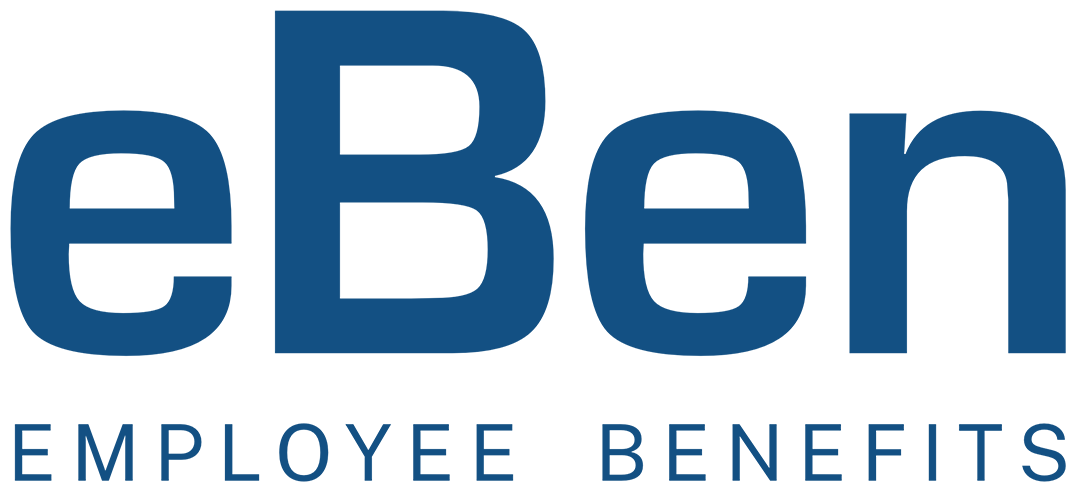 Starting a new career can be both challenging and rewarding. Recent graduates entering the workforce are often concerned about their lack of corporate experience, especially regarding in-office jobs that have only recently returned to normal after the COVID pandemic. According to a recent TimelyMD survey, 92% of soon-to-be graduates are hopeful about their future, yet 69% feel that the pandemic’s impact on their mental health has made them slightly less prepared.
Starting a new career can be both challenging and rewarding. Recent graduates entering the workforce are often concerned about their lack of corporate experience, especially regarding in-office jobs that have only recently returned to normal after the COVID pandemic. According to a recent TimelyMD survey, 92% of soon-to-be graduates are hopeful about their future, yet 69% feel that the pandemic’s impact on their mental health has made them slightly less prepared.
Developing a smooth onboarding experience for recent grads is critical post-pandemic. Onboarding enables employees to acclimate to a new work environment, become effective contributors and effortlessly integrate into an unfamiliar company culture. It also helps increase engagement and reduce turnover. While onboarding processes are easy to overlook, the importance of a positive transition from university to the workplace cannot be overstated.
Onboarding Best Practices for Recent Graduates
1. Invest in Preboarding
While most companies transition from hiring to onboarding, there is a critical step in-between. Preboarding occurs when new hires have the opportunity to get to know the organization prior to their first day. Consider sending a welcome package that includes information about the company, and some company swag, such as a water bottle. Recent grads can also benefit from an onboarding schedule that lets them know what they can expect on their first day.
2. Get Paperwork Completed Early
Many organizations wait until their new hire’s first day to begin the paperwork. However, recent graduates can quickly become overwhelmed with the sheer number of documents they must complete upon arrival at their new job. To prevent their first day from revolving around paperwork, consider sending these documents to them prior to their start date and encourage hires to return them electronically to save time.
Some paperwork that can be completed early may include:
- Tax forms
- Employee handbook acknowledgment forms
- Nondisclosure and noncompete agreements
- Direct deposit forms
3. Assign a Point of Contact
 It is normal for new hires to have a lot of questions during their first few weeks on the job. A designated point of contact can ensure that these questions are quickly addressed. A mentor can also make a big difference as recent grads get used to working in a new environment. According to Moving Ahead research, 87% of mentees feel empowered by their mentoring relationships and, in turn, have developed greater confidence.
It is normal for new hires to have a lot of questions during their first few weeks on the job. A designated point of contact can ensure that these questions are quickly addressed. A mentor can also make a big difference as recent grads get used to working in a new environment. According to Moving Ahead research, 87% of mentees feel empowered by their mentoring relationships and, in turn, have developed greater confidence.
4. Involve Outside Departments
While it makes sense for new hires to get to know the people they will be working with directly in their department, new hires should also be introduced to others within the organization. Consider how the new hire’s position may relate to those roles outside the department. After having the new hire get to know their direct team, consider branching out to other departments and provide training on how their job may include processes that will include employees outside of their direct team.
5. Take Advantage of Onboarding Technology
Technology has dramatically evolved over the last decade, enabling employers to streamline onboarding. Use innovative IT solutions to help new hires get the pertinent information they need to succeed. Setting up an online portal that employees can visit to review employee handbooks, complete essential documents, get answers to questions, and gain access to training materials provides the opportunity for the new hire to gain confidence with processes. Technology can also benefit employers who want to track their employees’ progress.
6. Incorporate Job Shadowing
While job shadowing is not a new concept in the business world, it is often overlooked by organizations. Job shadowing allows new hires to better understand how the company works by “shadowing” established employees. Job shadowing allows employees to become familiar with their own departments, other departments, and the organization as a whole. Shadowing also helps break the ice when meeting new team members and other staff in the building.
7. Be Patient with Workloads
It is important not to overwhelm new hires on their first day or even their first week. To increase the odds of success, introduce work gradually and assign longer deadlines than would normally be assigned. Slowly increase the level of responsibility as the new hire settles into their role and becomes accustomed to their task list.
8. Revisit and Revise the Onboarding Process
No company’s onboarding process should be set in stone. Over time, it may be necessary to revise the onboarding process as employers discover elements that require improvement. Organizations should evaluate their onboarding strategy on a regular basis to ensure its effectiveness. Onboarding processes may also evolve as the company grows and changes. Company size, turnover rate, industry, and similar variables can all influence onboarding.
 Discover How We Can Help You Today
Discover How We Can Help You Today
Explore our article to understand crucial aspects of employee onboarding and offboarding and gain insights on maintaining compliance. Read more here.
Our team of experienced consultants at eBen offers customized HR and benefits for your employees and company. Speak with an expert to learn more.


